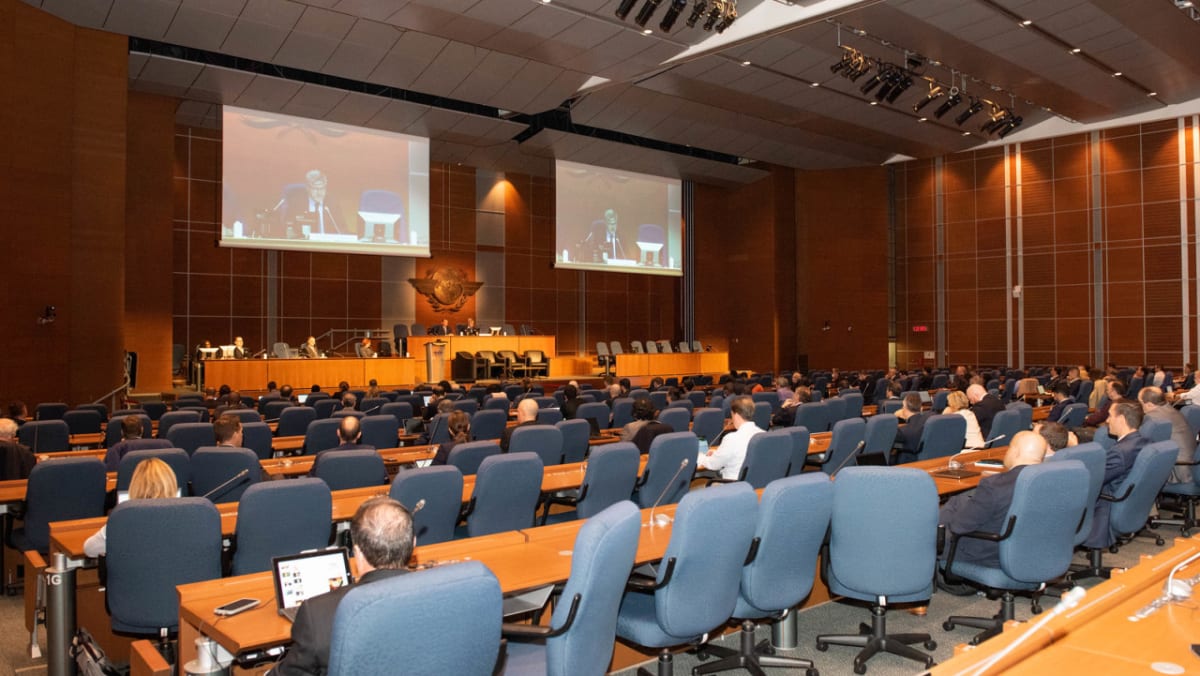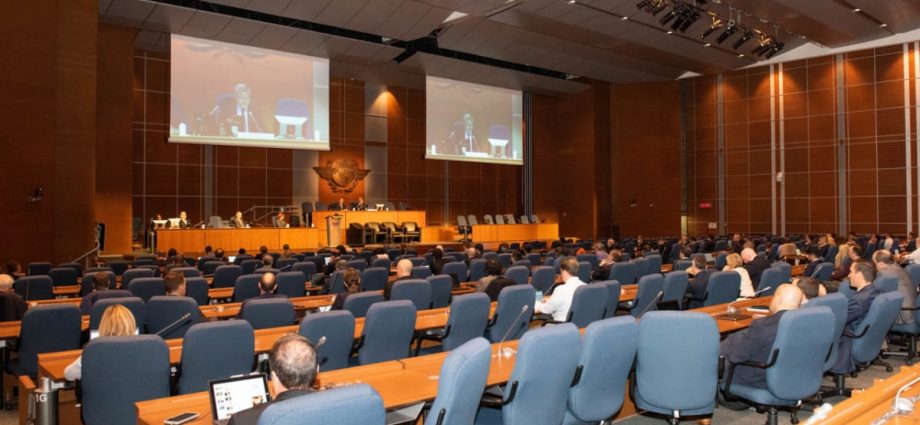
Mr Ridha Aditya Nugraha, an expert in international air and space law, said that the earliest possible time for the FIR realignment to be legally recognised through the Aeronautical Information Publication would be in the later half of 2024.
According to aviation website Skybrary, the Aeronautical Information Publication is a manual that contains details of regulations, procedures and other information that are important to the operation of an aircraft in a particular country.
“First, (the FIR Agreement) needs to go through the Asia-Pacific stage around September-October 2023, before it is to be discussed in Montreal,” said Mr Ridha, who specialises in Air and Space Law Studies in the International Business Law Program at Universitas Prasetiya Mulya, Indonesia. The headquarters of the ICAO is located in Montreal, Canada.
Dr Lee, the aviation expert at The Chinese University of Hong Kong, said that if there were to be any objections raised, there would be a delay at the regional meeting level.
Mr Ridha noted that another ICAO member state could potentially oppose the realignment of the FIR.
“But I do not see any state who (can) become a potential threat (to the FIR agreement).
“As long as Indonesia could guarantee Malaysia pertaining to its state aircraft operations between the West and East (between Peninsula Malaysia and Borneo Island), there is no reason for Malaysia to reject (the FIR realignment),” said Mr Ridha.
In analysing the case of FIR realignment between Singapore and Indonesia, experts have cited how both sides reached an earlier agreement in 1995. But Malaysia objected at that time as it felt that its own FIR would be affected. This prompted ICAO to reject the resolution proposed by Singapore and Indonesia.
Domestically in Indonesia, Mr Ridha said that there are issues that could also potentially hinder the FIR realignment. These include a law on national airspace management that is being drafted by the defence ministry.
According to Mr Ridha, the Bill will regulate the use of airspace among civilian and military aircraft.
“Let’s say we are talking about restricted areas – it is an area not open to the general civil aviation aircraft unless they obtain a certain permit to do so… The (Bill) is still being drafted at the moment,” he said.
“The challenge is to ensure the draft law – if approved and successfully enacted – shall not become a new front to counter Indonesia-Singapore FIR arrangements.”
Another possible hurdle noted by Mr Ridha is an ongoing judicial review of the FIR agreement between Singapore and Indonesia.
“There is also an ongoing judicial review towards the FIR realignment agreement at (the) Indonesian Supreme Court (and) whether such redelegated airspace is against the Indonesian Aviation Law of 2009,” said Mr Ridha.
According to local media reports, nine Indonesian pilots filed a judicial review against the FIR Agreement between Singapore and Indonesia in December last year.
“The submission of this judicial review is an input and request for the president … to carry out all laws and regulations in a straightforward manner and to be devoted, to the country and the nation,” Mr Supri Abu, a former Air Force colonel who is among the nine pilots, was quoted as saying by Detiknews.
Mr Ridha, the aviation law expert, explained that there are some parties that are dissatisfied with the realignment of the Singapore and Jakarta FIRs, specifically on the matter where Indonesia would have to delegate the provision of air navigation services for parts of its realigned FIR.
“(There are some who have) shown strong support (for) the total realignment of the airspace,” he said.
Mr Ridha added: “Most likely the verdict shall be announced around mid-2023. (There) is still a long way to go at the national stage.”

